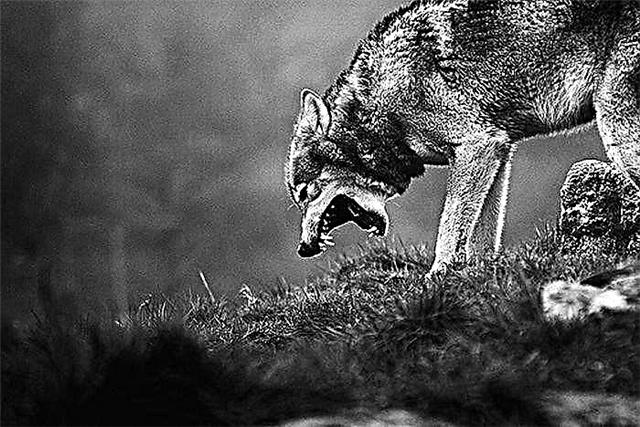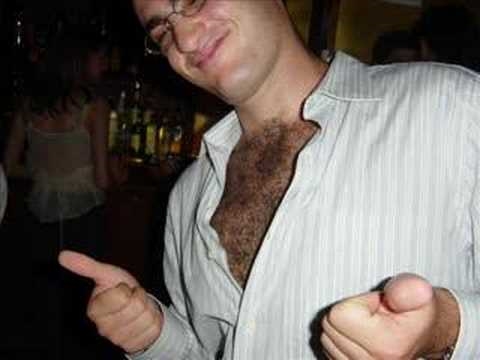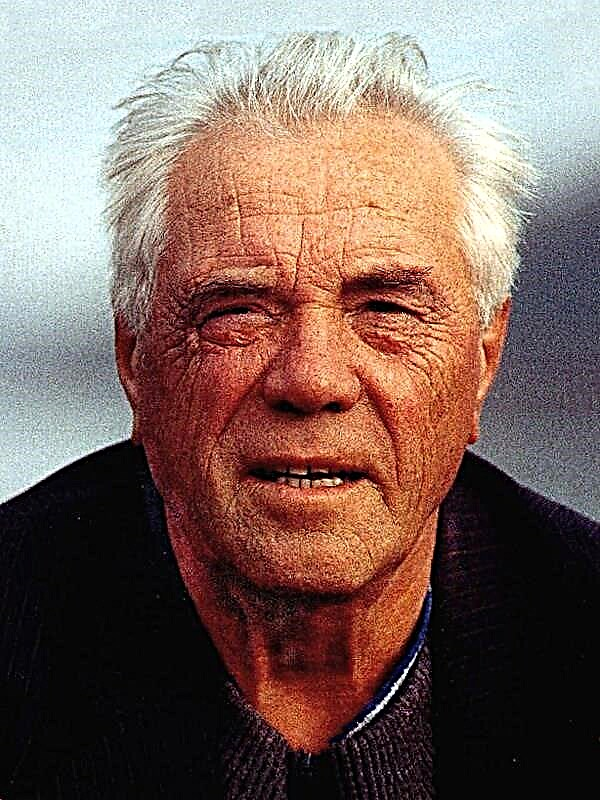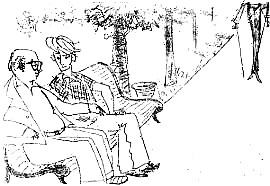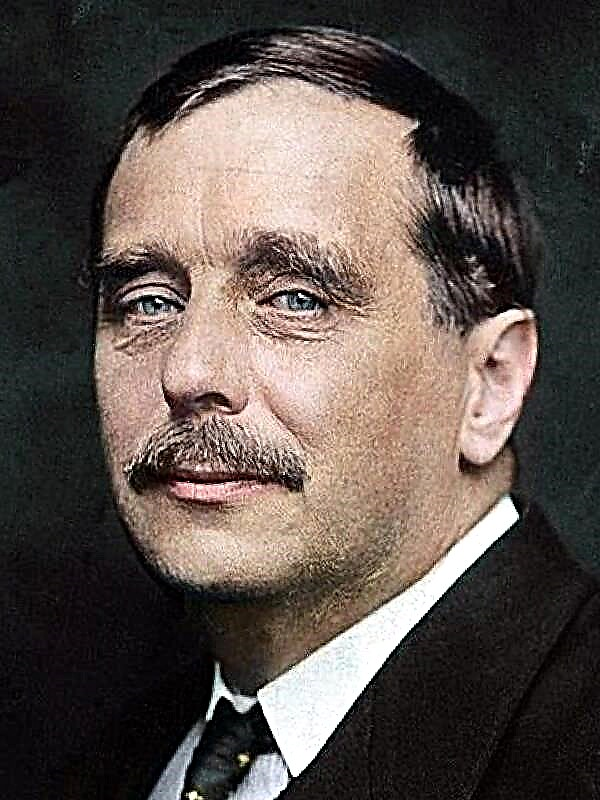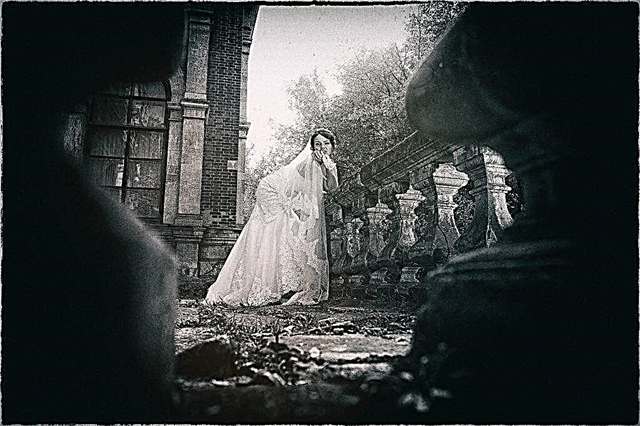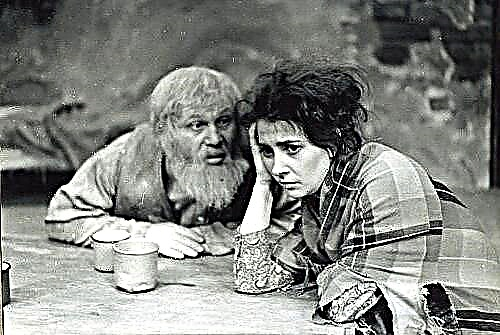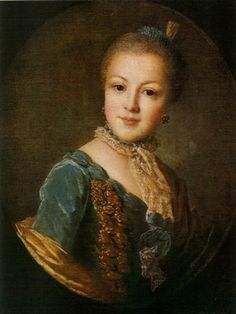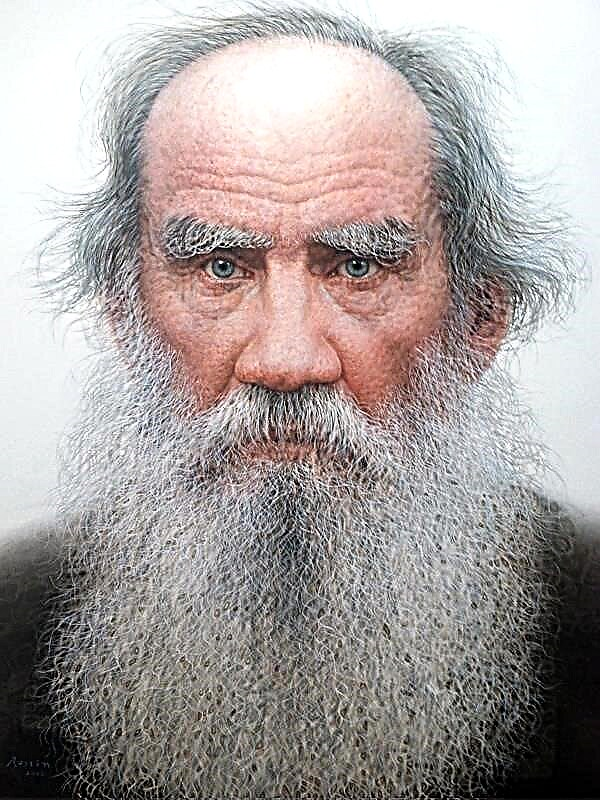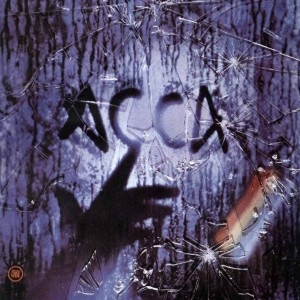The poems of Robert Rozhdestvensky are popular to this day, many well-known artists often imposed music on the text of his works. But not everyone knows what a difficult path the poet had to go. You can understand the sensitive nature of Rozhdestvensky and feel the burden of his childhood by reading the biography compiled by the Literaguru team.
Birth and childhood
June 20, 1932 is the date of birth of Robert Rozhdestvensky (father's last name is Petkevich). His father was a soldier, his mother connected her life with teaching in elementary grades, as well as with medicine.
The first family misfortune occurred in 1937 - the divorce of the spouses. Robert’s childhood passed with mom and grandmother - N.A. Fedorova. In 1941, Vera Pavlovna (the poet’s mother) had to leave her son and go to war, the poet lived with his grandmother, who soon died (in 1943). From this moment, a difficult period begins in the boy’s life - he finds himself in a children's reception. In 1945, the mother marries a soldier, I.I. Rozhdestvensky, and takes her son from Omsk to Königsberg.
Youth: education and career start
The family was forced to make frequent relocations, so the boy had to study at several schools (in Vienna, Kaliningrad, Petrozavodsk, St. Petersburg). Robert also changed several institutes: one year (since 1950) he received knowledge at the University of Petrozavodsk at the Department of Philology, and since 1951 he studied at the Literary Institute. A.M. Gorky, in 1956 he successfully completed his studies.
In his student years, the creative career of the writer was born. In 1950 in the literary publication "At the Frontier" his poems are printed, and in 1952. - in the "Change". Also at this time his first collections appeared: “Flags of Spring” (1955) “Test” (1956); the first poem is “My Love”. Studying at the institute gave valuable acquaintance to the poet: during an expedition to Siberia, he became friends with Alexander Flyarkovsky. Subsequently, Robert Rozhdestvensky recorded with him his first song - “Your Window”.
Creation
Robert Rozhdestvensky, along with Bella Akhmadulina, Andrei Voznesensky, Yevgeny Yevtushenko, belongs to the poets of the sixties. His first works were filled with civil pathos, sharp statements. It was the voice of the era, a reflection of the national spirit. However, later in his work, Rozhdestvensky touched on many topics of importance to him: love (“Life flies like a highway”), war (“War memoirs”), life (“Volga River. And just like at home”).
In his works, the reader will always find the response of the era. The poet’s speech, his images, the subject plan - much reflects the modernity of poems. Christmas always goes hand in hand with the surrounding reality. The poet’s style is similar to Mayakovsky’s writing style: frequent use of colloquial speech, oratory.
Christmas poems are distinguished not only by their relevance, but also by poetry. More than once composers such as Dmitry Kabalevsky, O. Feltsman and many others superimposed music on the poet’s lines.
Throughout his life, Rozhdestvensky has released more than 70 collections of poems. However, the poet was engaged in other activities. He translated works of Soviet and foreign authors, headed the Commission related to the work of Osip Mandelstam since 1896, was engaged in journalism, and was the creator of a book with the works of Vysotsky (The Nerve).
Personal life
Robert Rozhdestvensky met his future wife at the Literary Institute, Alla Kireeva studied with him in the same group. In 1953, they got married. It was a happy marriage: Alla Kireeva was with her husband until his last days, became the only muse of the poet.
They had two children: Catherine (born in 1957) and Ksenia (1970). Both girls devoted themselves to journalism.
Interesting Facts
- Thanks to the initiative of Robert Rozhdestvensky, a museum was opened in Moscow to them. M.I. Tsvetaeva
- In 1979, he became the owner of honorary prizes - the State and Lenin Komsomol.
- Three times he was invited to the jury of the Cannes Film Festival.
- Since childhood, the poet had a speech impediment - he stuttered.
- After the famous meeting of Khrushchev with artists in 1963, Rozhdestvensky's poems were no longer printed, the press forgot his name. The poet had to leave for another country.
- His first work was published in 1941, at that time the boy was only 9 years old. The lyrical work, “With my rifle, my dad goes camping,” is dedicated to Robert's father, who went to war.
- Rozhdestvensky was never a dissident; he believed in communism.
- The poet collected various paintings, maps, lithographs, prints.
- He was honored and respected by many people. Once, together with his wife, Robert Rozhdestvensky flew to Lithuania. The day before this, friends arranged for them to see off, brought a gin. As a result, at first the pilot refused to take them aboard, but, recognizing the poet, he said that he would let anyone in with him.
Philosophy of life
According to Alla Kireeva, Robert was a real person. Throughout his life, he did not throw a single swear word at the people close to him. Rozhdestvensky treated his friends with respect and demanded the same from them. His circle of friends always included sincere and honest comrades, because the poet himself was such.
However, despite his kindness, Rozhdestvensky invariably followed his principles. He did not come to terms with the lie, believed that singing under a phonogram was unacceptable to the performer. For most of his life, the poet praised communism and believed in everything Soviet.
Last years and death
In his mature years, Robert led an active public life. He was a member of the European Society of Writers, served as secretary in the Writers' Union (since 1976), was a deputy of the Moscow Soviet, developed in the field of journalism (1971), translated works of Soviet poets into different languages. The poet even tried himself as a TV presenter: he led his own program.
Despite a variety of activities, the author continued to create lyrical works. In the 1980s and 1990s, new collections of poems by Rozhdestvensky appeared: Voice of the City, Intersection, and others.
Robert Rozhdestvensky passed away in 1994 due to a heart attack. He was buried in Peredelkino.

